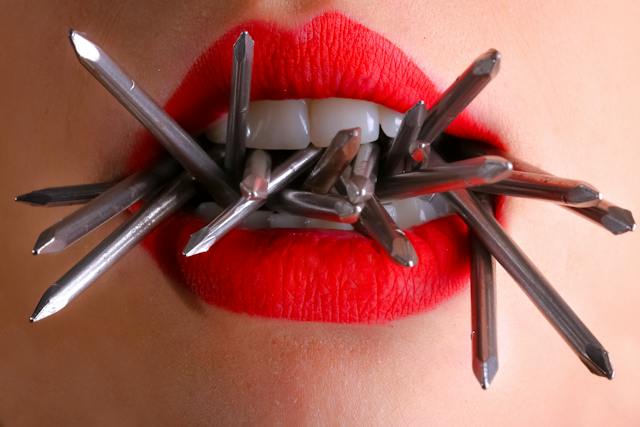
Dental Health Following Bariatric Surgery
Share
When you decided to undergo bariatric surgery, the prospect of losing weight and achieving the body you’ve always dreamed of was likely exciting. Now, imagine you’re working toward that goal—exercising regularly and making mindful dietary choices—only to notice that your smile is starting to change.
Your teeth may appear weaker, dull, or even lose their natural shine. Suddenly, while eating, a tooth chips or breaks. Over time, more teeth begin to chip, and in severe cases, some may even fall out.
Unfortunately, tooth decay following bariatric surgery is a reality for many patients. Understanding the causes of this issue and taking preventive measures can help protect your dental health post-surgery.
Why Tooth Decay Happens After Bariatric Surgery
Bariatric surgery, while beneficial for weight loss, can also impact your dental health in a number of ways:
1. Higher Levels of Acidity in the Mouth
Many bariatric patients experience frequent vomiting after surgery, especially in the initial recovery phase. According to Healthline, vomit contains toxic stomach acids that are corrosive to tooth enamel, the protective layer of the teeth. Repeated exposure to these acids can lead to cavities, weaken teeth, and cause serious dental issues (Healthline).
Additionally, after surgery, dehydration and dry mouth are common due to reduced fluid intake. Dehydration decreases saliva production, and saliva plays a critical role in neutralizing acids in the mouth. Without enough saliva, the teeth are more vulnerable to acid erosion and decay (Mayo Clinic).
2. Lack of Calcium and Vitamin D Absorption
Calcium is essential for maintaining strong bones and teeth. However, bariatric surgery can impact your body’s ability to absorb calcium effectively, particularly in procedures like gastric bypass, where part of the stomach and small intestine is bypassed. This reduction in calcium absorption can weaken teeth over time (NIH).
Vitamin D is equally important, as it aids in the absorption of calcium. After bariatric surgery, patients often struggle to absorb sufficient vitamin D from their diet, which further compromises calcium uptake and puts dental health at risk (Endocrine Society).
How to Protect Your Teeth After Bariatric Surgery
Fortunately, there are several steps you can take to protect your dental health after bariatric surgery:
1. Reduce Vomiting and Dehydration
Monitoring your eating habits and the pace at which you eat can help reduce post-surgery vomiting. Additionally, consuming foods that are gentle on the stomach can minimize the risk of acid exposure to your teeth. Staying hydrated by sipping water or other healthy fluids regularly can also combat dry mouth and help protect your teeth from acid erosion.
2. Take a Quality Multivitamin Supplement
It’s essential to incorporate a high-quality multivitamin into your daily routine following weight loss surgery. The bypassed portion of your stomach limits your ability to absorb key nutrients like calcium and vitamin D, which are necessary for maintaining optimal health, including strong teeth and bones (ASMBS).
The Role of Vita4Life in Protecting Your Dental Health
Vita4Life! Multivitamins are designed with bariatric patients in mind and contain optimal levels of calcium and vitamin D to help maintain healthy teeth following surgery. Additionally, Vita4Life’s Calcium Malate Chelate supplement provides extra support for dental and bone health. Our fast-dissolving, filler-free supplements are engineered to be easily absorbed by bariatric patients, ensuring that your body gets the nutrients it needs.
Make Vita4Life! Multivitamins and Supplements a part of your daily health regimen today to safeguard your smile and overall well-being after bariatric surgery.
